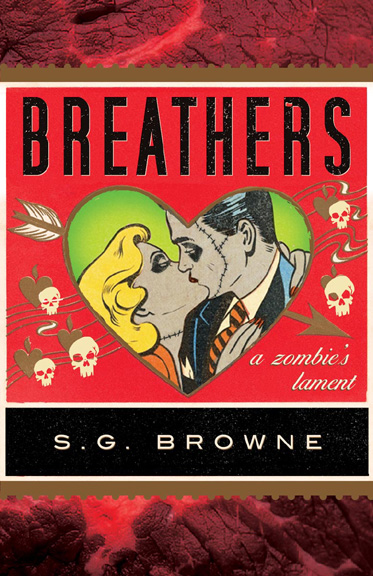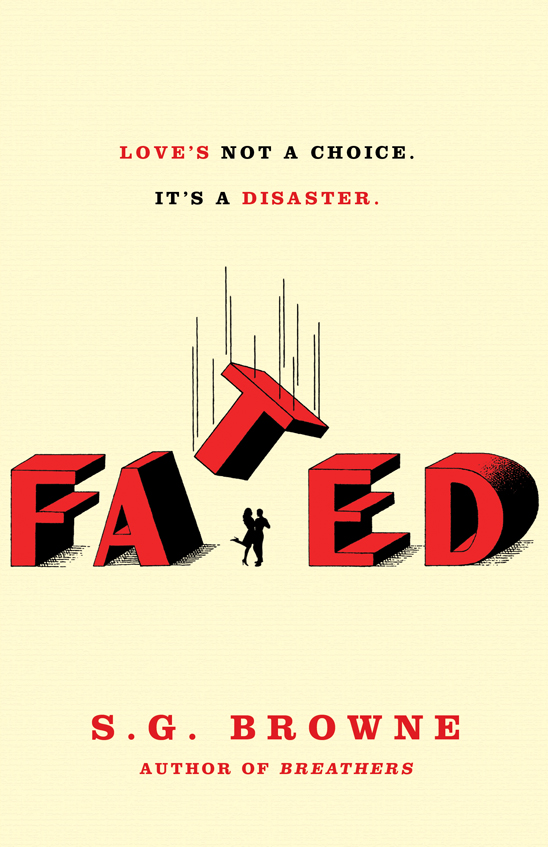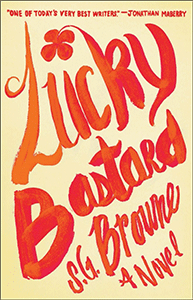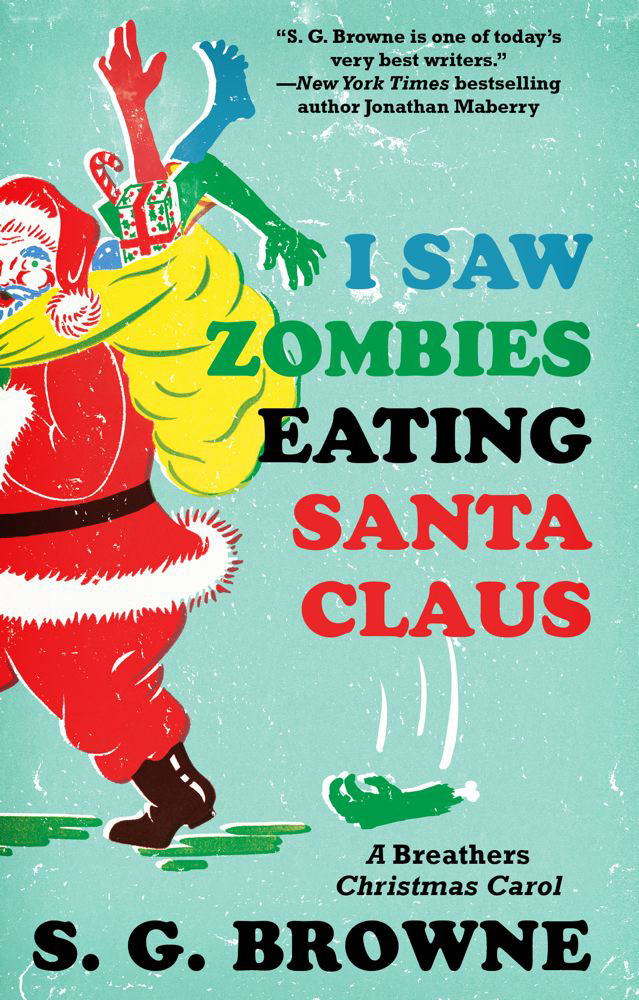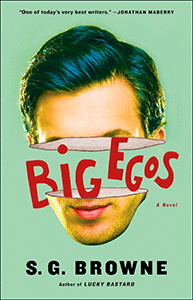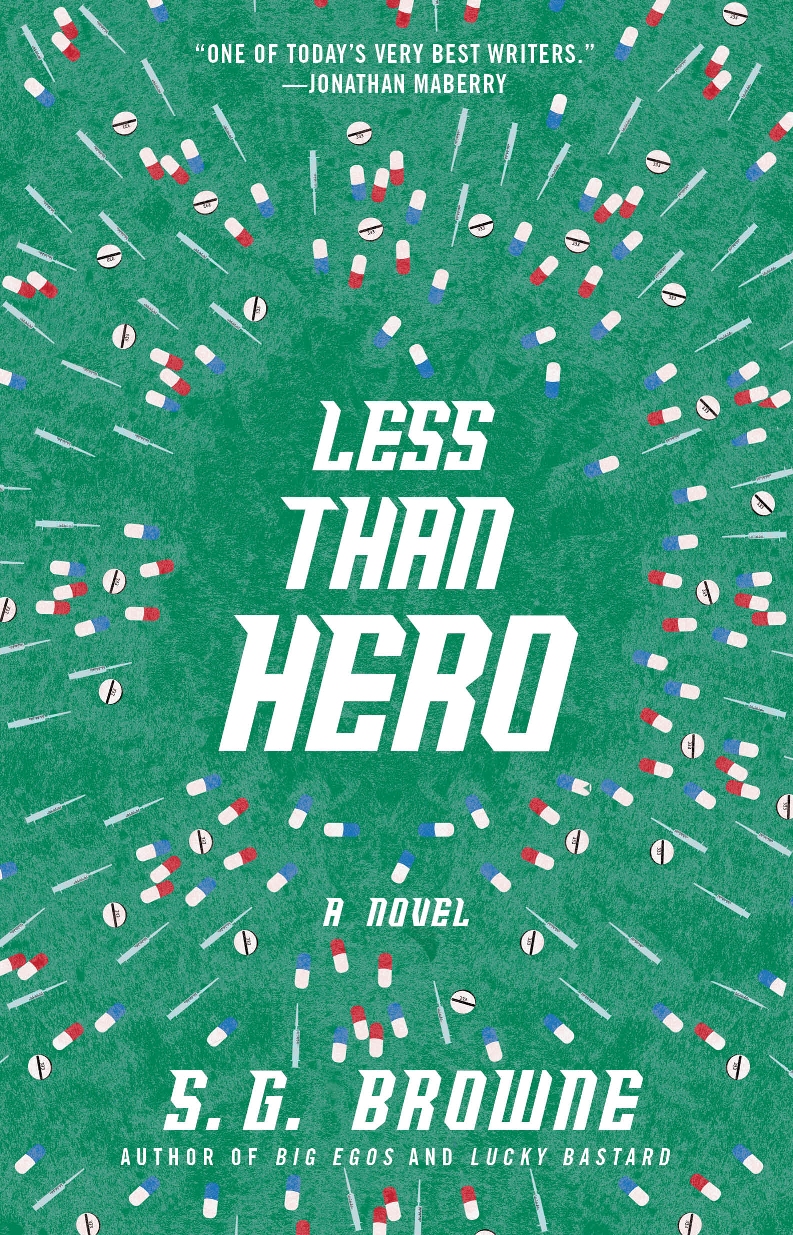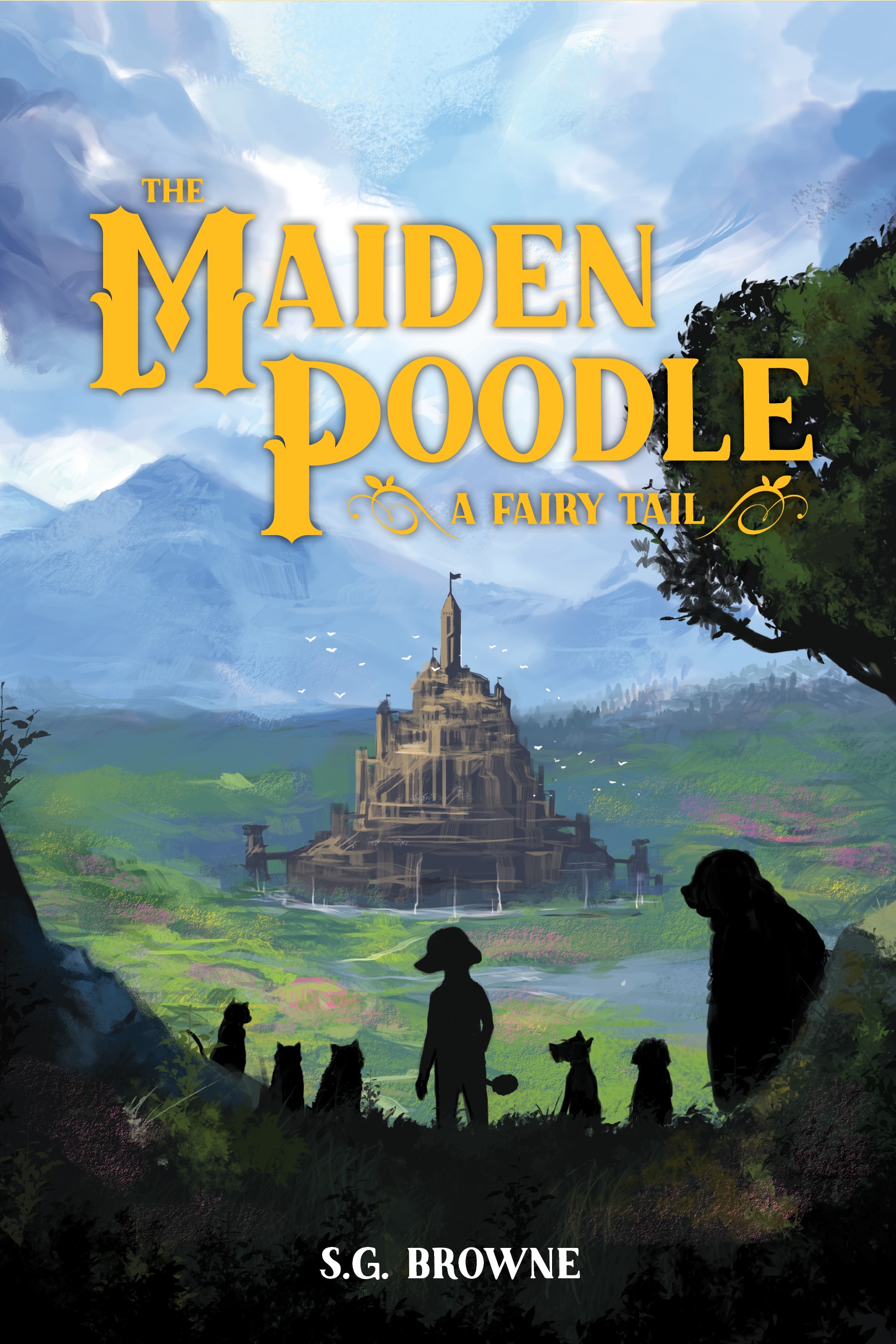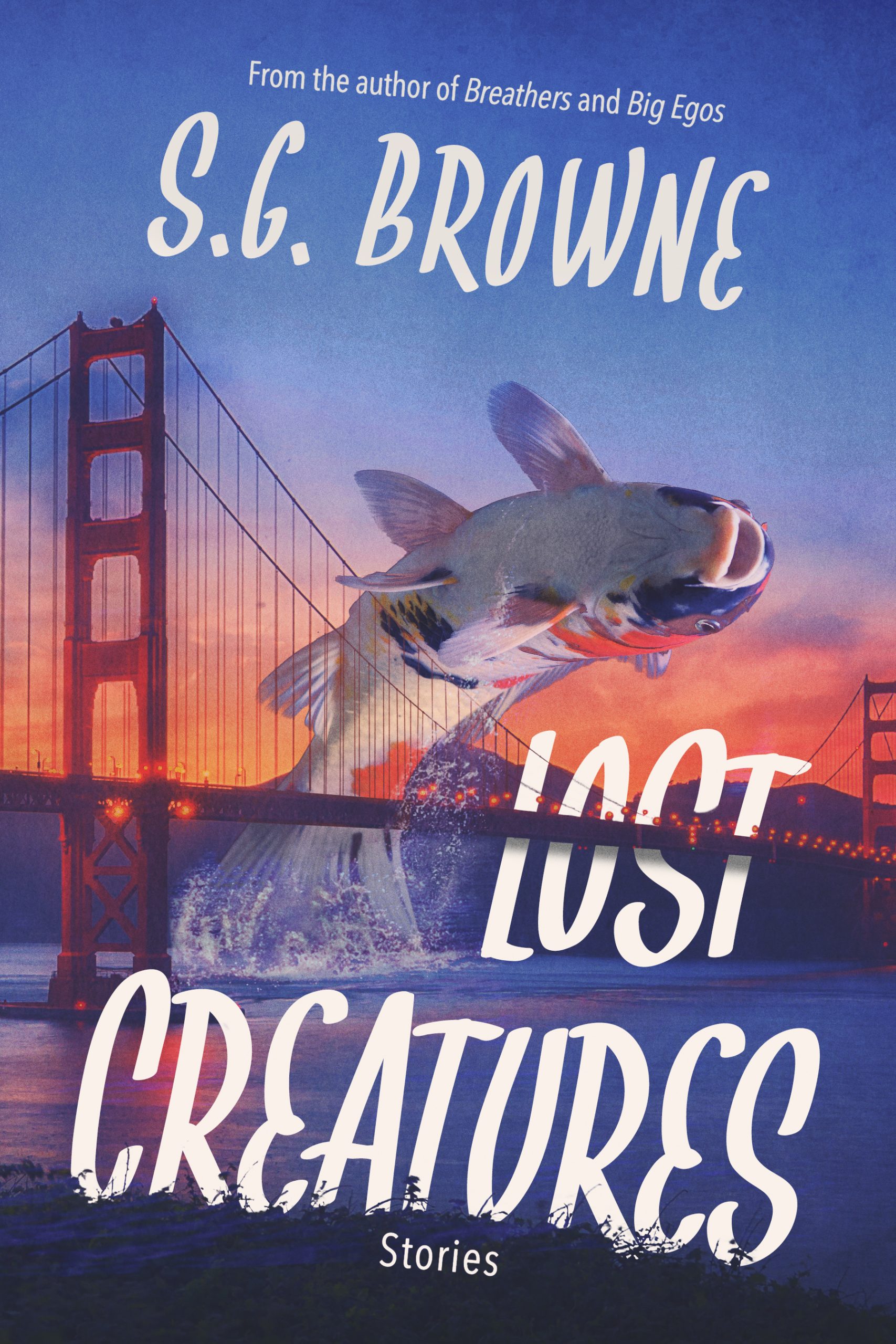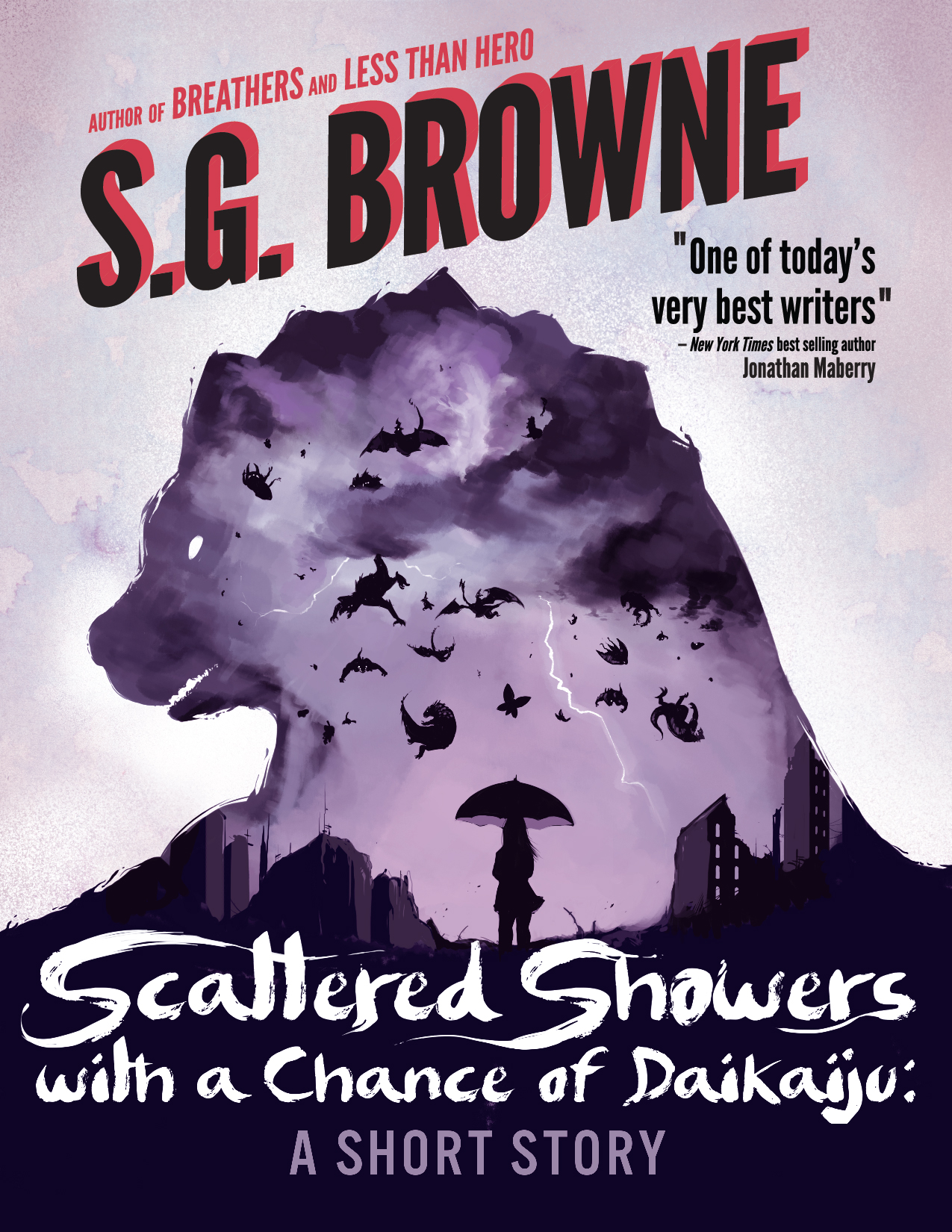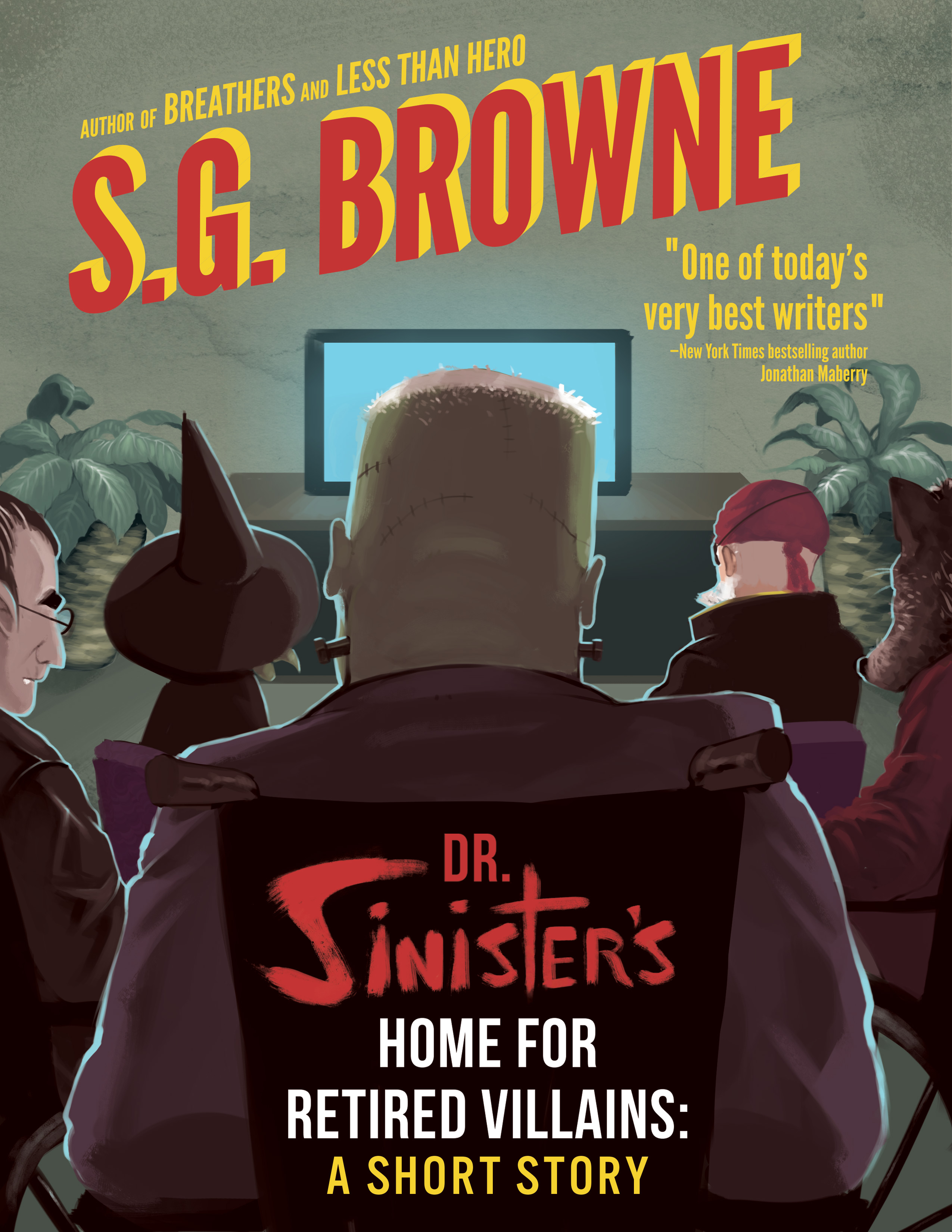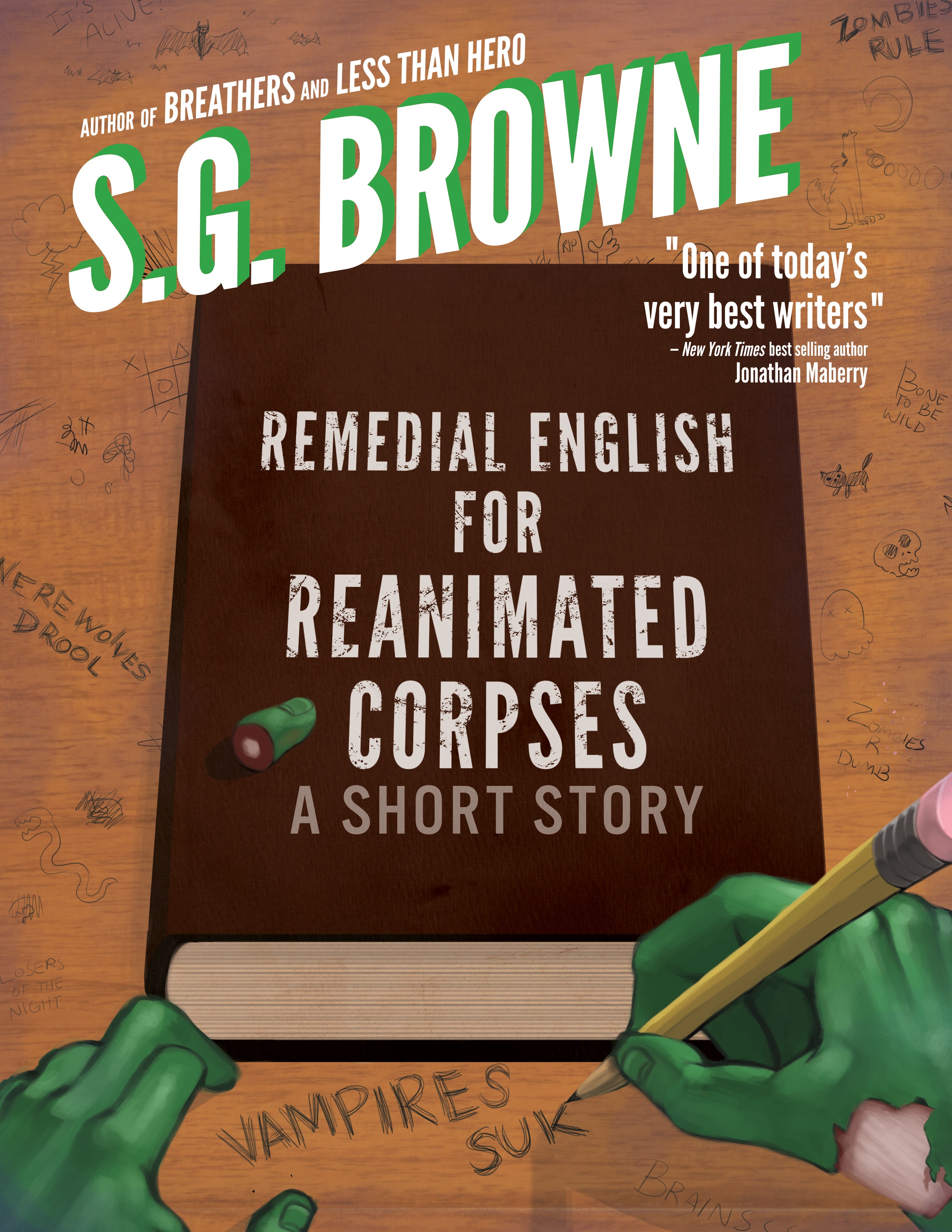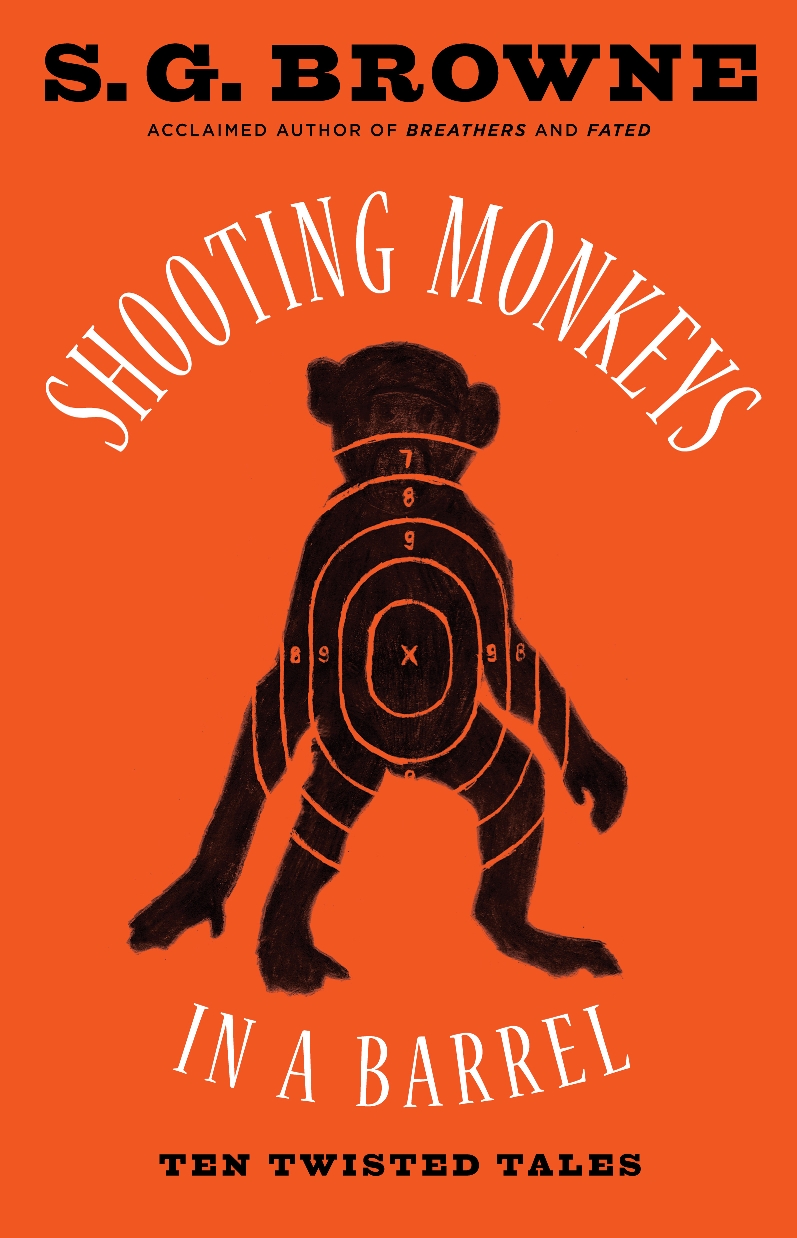For the Love of Zombies
People are always asking me about zombies.
Have you always loved zombies?
Do you think you’ll survive the zombie apocalypse?
Is it necrophilia if you’re both dead?
In case you’re curious, the answers are:
Yes, no, and I don’t think so.
Truth is, I’m not an authority on zombie sex. However, I do know a lot about sloughage, frothy purge, and cadaver impact testing.
For some reason, this troubles my parents.
I’ve been a zombie fan ever since I saw Romero’s original Night of the Living Dead on Creature Features back when I was in sixth grade and they instantly became my favorite monster. I even used to dream about them chasing me through the streets. Or surrounding my house. Or doing my taxes. And I’ll admit that I enjoy the fast moving zombies as well as the shuffling ones. They’re both terrifying in their own way.
 I do realize, however, that there are zombie purists out there who only want their zombies to be of the post-apocalyptic variety. Slow and mindless and horrifying. They don’t like it when you do anything new or different when it comes to the living dead. They get very Dr. Seuss Green Eggs and Ham about their zombies.
I do realize, however, that there are zombie purists out there who only want their zombies to be of the post-apocalyptic variety. Slow and mindless and horrifying. They don’t like it when you do anything new or different when it comes to the living dead. They get very Dr. Seuss Green Eggs and Ham about their zombies.
They do not like them when they run
They do not like them if they’re fun
They do not like them when they’re smart
They do not like them with a heart
While I respect this point of view, I have a large umbrella when it comes to zombies and I welcome all types to stand under it. Fast and slow. Sentient and mindless. Comical and terrifying. After all, can’t we all just get along?
Which relates to another question that often comes up:
Why do you think zombies are so popular right now?
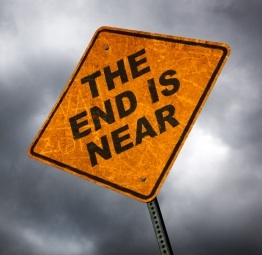 You could make the argument that zombies are an allegory for the end of the world as we know it. That the current popularity of zombies is a direct reflection of global fears regarding the economy and terrorism. Horror as catharsis for the fears and anxiety of a society making commentary on itself. You could even argue that zombies are the proletarians of the monster hierarchy and in troubled economic times, they become the poster child for the financial ills of a nation.
You could make the argument that zombies are an allegory for the end of the world as we know it. That the current popularity of zombies is a direct reflection of global fears regarding the economy and terrorism. Horror as catharsis for the fears and anxiety of a society making commentary on itself. You could even argue that zombies are the proletarians of the monster hierarchy and in troubled economic times, they become the poster child for the financial ills of a nation.
A lot of other zombie authors and film makers who are asked about the popularity of zombies agree with this hypothesis. Me? Not so much.
While it makes sense that zombie films can flourish in an economic downturn due to their typical lower financial risk at the box office, I don’t know if I believe that the current surge in zombie popularity is a direct reflection of global fears.
Truth is, I think people have a tendency to apply social context where it doesn’t exist.
After all, where was the zombie mania during the Vietnam War? Watergate? The Iranian Hostage Crisis? The Stock Market crash of 1987? The first Persian Gulf War?
Where was it? It didn’t exist. Not on this scale.
I believe the recent surge in zombie popularity can instead be attributed to the fact that zombies have been taken out of their proverbial archetypal box. No longer are they just the shambling, mindless, flesh-eating ghouls we’ve known and loved for most of the past four decades.
They’re faster. Funnier. Sentient.
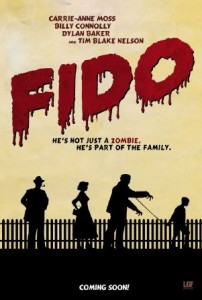 In addition to running like Olympic sprinters, making us laugh, and thinking for themselves, today’s zombies write poetry (Zombie Haiku), perform household chores (Fido), and fight for their civil rights (Breathers). They can also be found on YouTube going to marriage counseling and on iTunes singing to their former co-workers (Jonathan Coulton’s “Re: Your Brains”).
In addition to running like Olympic sprinters, making us laugh, and thinking for themselves, today’s zombies write poetry (Zombie Haiku), perform household chores (Fido), and fight for their civil rights (Breathers). They can also be found on YouTube going to marriage counseling and on iTunes singing to their former co-workers (Jonathan Coulton’s “Re: Your Brains”).
They’ve expanded their range. Become more versatile. More well-rounded. And who doesn’t enjoy a well-rounded zombie? Plus they’re tragically comical, shuffling along, losing their hair and teeth and the occasional appendage. Add the fact that they used to be us, that we could all become them one day, and you can’t help but relate. Which is, ultimately, why I think we find them so compelling.
As for the other classic monsters, they don’t hold quite the same appeal for me as do zombies.
Werewolves? They’re like the jocks of the monster world. Full of testosterone, pumped up on steroids, sprouting hair all over the place, and always trying to be the center of attention. I just can’t take them seriously. Plus no one ever worries about a werewolf apocalypse. That would be ridiculous.
Vampires? They’re the frat boys of monsters. All pretty and full of themselves and constantly trying to get you into bed. Every move they make, all the posturing they do, is just a smoke screen to lure you in so they can feed on you. Drink your blood.
They’re insincere. Hiding their true motives. Scam artists.
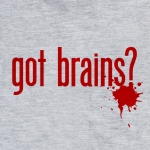 Zombies, on the other hand, don’t try to impress you with their good looks or their charms or their ability to burst out of their Lacoste polo shirt every four weeks. They don’t pretend to be something they’re not. They wear their decomposing hearts on their sleeves and aren’t ashamed to say, “I’m a zombie and I want to eat your brains.”
Zombies, on the other hand, don’t try to impress you with their good looks or their charms or their ability to burst out of their Lacoste polo shirt every four weeks. They don’t pretend to be something they’re not. They wear their decomposing hearts on their sleeves and aren’t ashamed to say, “I’m a zombie and I want to eat your brains.”
They have an unpretentious veracity. You have to admire that in a monster.
The other question I’ve been asked is:
Do you think zombies are here to stay?
Truth is, zombies never went anywhere. They’ve been starring in low-budget films and mass market paperbacks for most of the past forty years. They’re just finally being appreciated for their diverse talents and given the opportunity to show that they’re more than one-dimensional monsters. Instead of being cast in supporting roles, they’ve become the leads, the stars, the marquee attraction. And as long as writers and film makers continue to push the boundaries of the mythology, I think zombies will remains as popular tomorrow as they are today.
(*Author’s Note: Portions of the content of this post have appeared before on this blog as well as on other guest blog posts, so please forgive the redundancy. However, this is the first time they’ve all appeared together in one place.)

